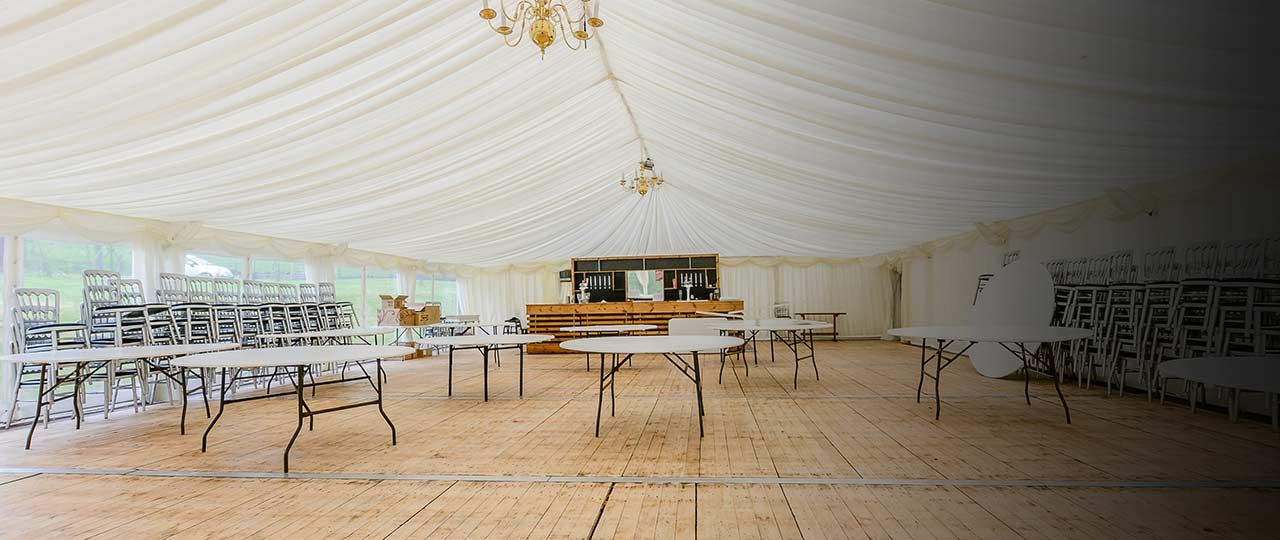
Charles Loyd
Senior Director, Land Management


Senior Director, Land Management
It’s a diversification that’s not without its challenges, requiring considerable commitment and the ability to deliver top-notch customer service. Critical skills required include being able to organise and manage staff, being flexible and showing attention to detail.
However, if you can get the offering right then it is possible to develop an exciting business, generating good returns.
Key questions
Anyone considering establishing a wedding venue needs to have first thought through fundamental questions such as how comfortable you might feel welcoming strangers to your property on a regular basis.
There are also issues to consider such as the size of your potential market and whether you have a unique selling point that will encourage people to travel from further afield.
Ask yourself: What competition is there already and where do you want to sit in the market in terms of price?
It is important to be really honest with yourself about the potential of your venue and look at it objectively. It can be easy to think your venue will be more appealing to prospective customers than it really is, because you have such a strong emotional attachment to it.
Customer demands
There has been a marked shift from religious to civil ceremonies in recent years meaning that customers are increasingly looking for venues that can provide them with a complete package – a place to get married, host a party and even stay before and after the event.
Offering a range of services will widen your appeal and ability to generate income. But you must have the right infrastructure in place, particularly at the top-end of the market, including appealing WC facilities, good parking, wifi and manicured gardens for photographs.
Permissions and licences
Marquees can usually be erected without planning permission for up to 28 days per year.
However, this tends to limit people to five or six events because the 28 days includes the time taken to set up and take down the marquee.
Planning permission will be required to convert a redundant barn into a permanent venue and traditional buildings may also need listed building consent
Temporary Event Notices (TEN) will be needed to cover anyone carrying out a ‘licensable activity’ such as selling alcohol and providing entertainment. They are available from the local council.
A premises licence is needed for permanent venues and authorises the licence-holder to carry out various licensable activities at a specific location.
To host a ceremony, the local council must give a ‘grant of approval’ to hold civil marriages and civil partnerships. These last for three years.
Health and safety
Health and safety is naturally a big concern for people and it is advisable to get input from an external consultant as it is a very specialist area.
Public liability insurance worth at least £10m will be needed and, if providing food, product liability insurance to cover you in the event of an outbreak of food poisoning.
All outside contractors, from caterers though to DJs, should be pre-approved to confirm they have liability cover and the necessary experience to provide the level and quality of service required.
Marketing
Most people will research possible venues online so a professional website with excellent images is a must.
Testimonials are important to sell yourself, so it is important to be active on social media platforms like Facebook, Twitter and Instagram to develop the brand.
Final advice
A good wedding contract which makes it clear what clients are getting for their money and what their responsibilities are is essential.